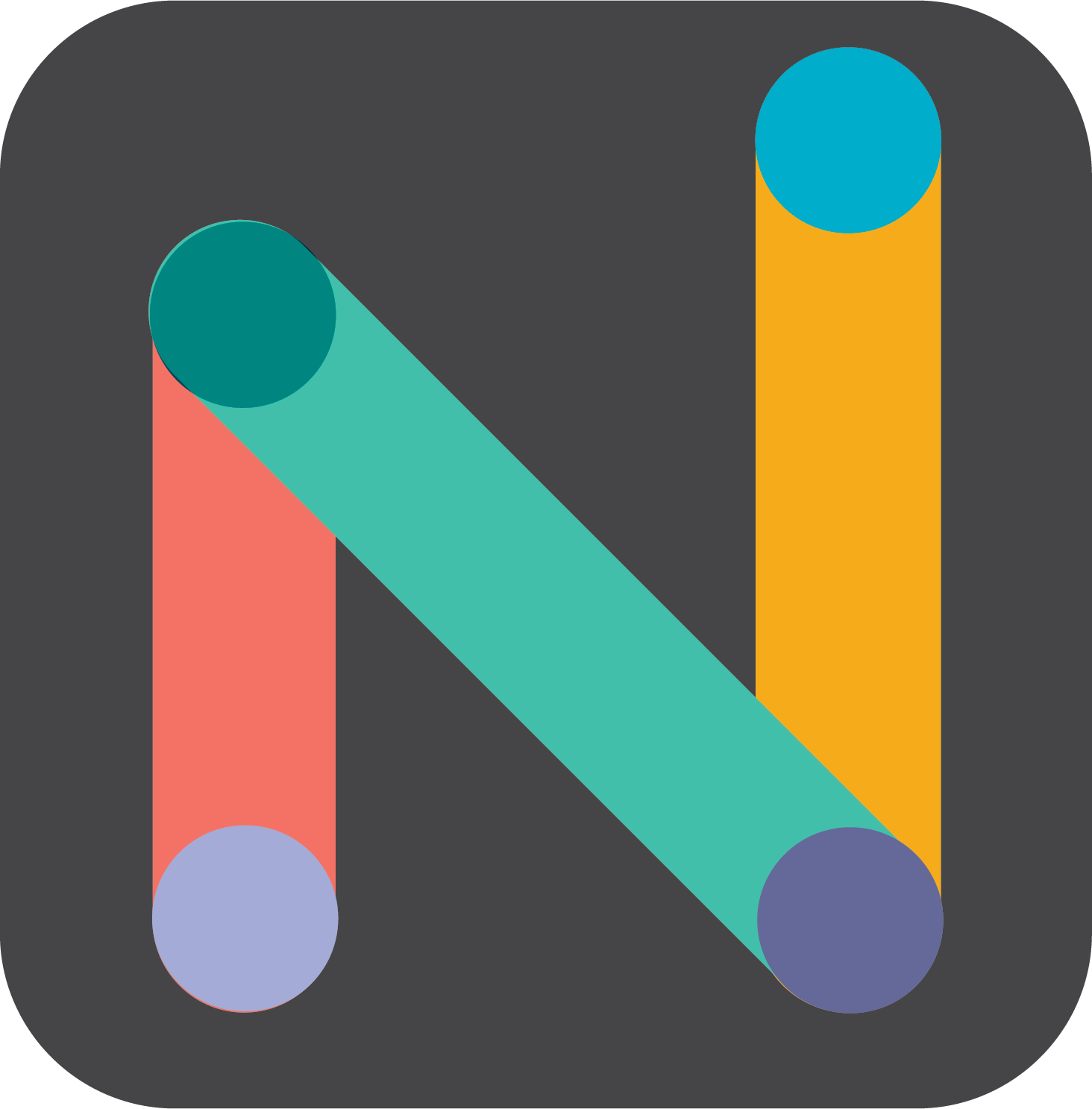Why you need a robust accounts payable system now
When you’re running a small business, keeping track of your bills can seem simple at first, until you have a lot going on and then - you lose track. But having an efficient accounts payable process isn’t just about staying organised—it’s essential for protecting your business from costly mistakes and fraud. Here’s why setting up a solid system matters and how you can do it.
1. Stop Fraud Before It Happens
The Problem: No regular schedule or approval process for payments.
If you don’t have a clear internal controls system for approving bills, it’s easy for unauthorised payments or fake invoices to slip through. To protect your business, make sure every payment is approved by someone you trust, within your accounting software - so there’s a digital record of it. Then, set up a regular schedule for paying bills so you are never approving anything in a hurry. And, always verify bank details for larger payments before sending money. Finally, ensure your bank accounts are reconciled regularly - as it is harder to hide fraudulent payments in reconciled accounts.
Recommendation: Pay bills at regular intervals and verify bank details of larger payments. Ensure bank feeds are reconciled accurately, by checking both P & L and balance sheet reports.
2. Save Time and Avoid Errors
The Problem: Entering bills one at a time, as they come in.
Once your business expands you need to stop paying bills one by one - either at the bank or entering them one by one in your accounting software.
Manually adding bills whenever they arrive can eat up your time and lead to mistakes. Instead, use data reading software like Hubdoc (comes free with Xero) or Dext for high volume payments. Do this at regular intervals, like weekly or fortnightly, which will save you time in the long run.
Manually paying bills one by one at your bank and then, not saving those invoices within your accounting software can lead to duplicate payments as well as fraud. It’s also difficult to see whom out of your sole traders is registered for GST, so you might be missing out on GST credits at BAS time.
Recommendation: Use apps to import bills and save them in your accounting software
3. Stay Compliant with ATO Rules
The Problem: Contractors providing invalid ABNs or charging GST incorrectly.
If you work with contractors, always verify their ABNs (Australian Business Numbers) using the ABR lookup tool. This simple step ensures you’re only working with legitimate businesses. Also, check if they’re registered for GST. If they’re not, they shouldn’t be adding it to their invoices.
Recommendation: If you need to pay someone who doesn’t have an ABN - if it’s a hobby, ask them to fill out a “Statement By Supplier” form otherwise pay them via payroll.
Keep It Simple, Stay Protected
A good accounts payable process doesn’t need to be complicated. By setting up a solid system, you can save time, avoid costly errors, and protect your business from fraud. It’s a small step that makes a big difference, ensuring your financial records are accurate and your business stays on the right track.
I’ve seen business owners get overwhelmed when they are lacking basic financial processes. If you are ready to set up your business and looking for Finance Management book an appointment with me here
Thanks for reading,
Holly





